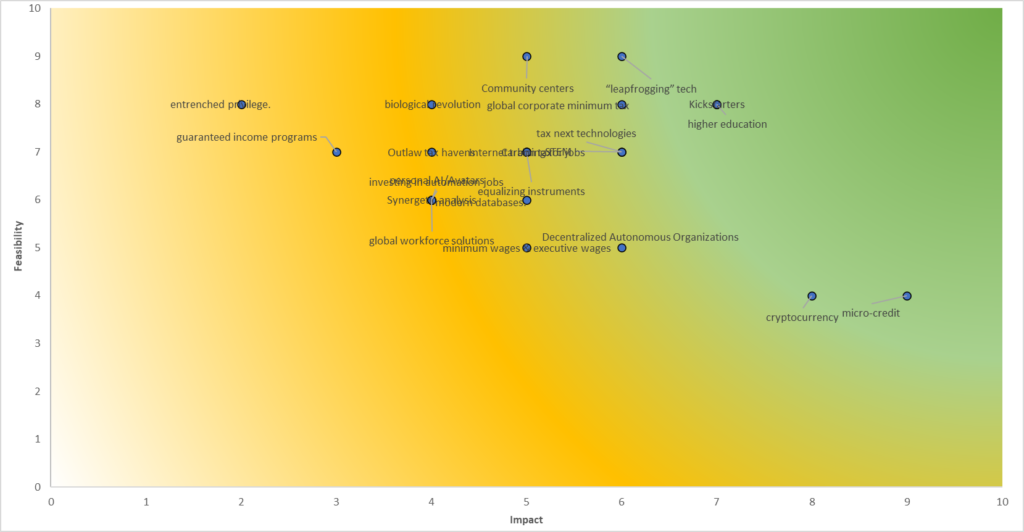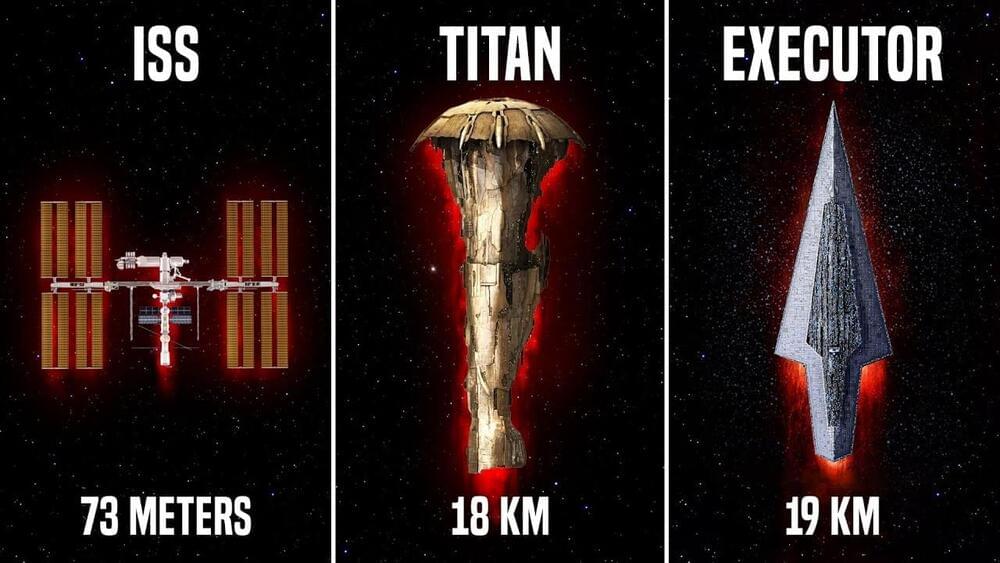Oct 12, 2023
Don’t worry about global population collapse
Posted by Dan Kummer in categories: economics, energy
The world’s massive human population is leveling off.
Most projections show we’ll hit peak humanity in the 21st century, as people choose to have smaller families and women gain power over their own reproduction. This is great news for the future of our species.
And yet alarms are sounding. While environmentalists have long warned of a planet with too many people, now some economists are warning of a future with too few. For example, economist Dean Spears from the University of Texas has written that an “unprecedented decline” in population will lead to a bleak future of slower economic growth and less innovation.


















